Livestock are integral to dryland food security, particularly for pastoralist communities whose livelihoods depend on healthy rangelands and silvopastoral systems – landscapes where livestock grazing is combined with trees and shrubs. These complex systems rely on diverse native plant, tree, and animal species to maintain ecological stability and productivity. However, widespread land degradation driven by land-use changes, overgrazing, and climate change poses serious challenges.
ICARDA works closely with pastoralist and agro-pastoralist communities to enhance their resilience through sustainable land management, ecosystem restoration, and innovations that promote the long-term viability of dryland livestock production.
Land area rehabilitated through rangeland and silvopastoral management practices in 2024.
Annual genetic gain in six-month weight for four sheep breeds, measured over 8-14 years.
Annual genetic gain in nine-month weight for four Abergelle goats, measured over five years.
Improved feed packages, health interventions, and community-based breeding programs tailored to drylands.
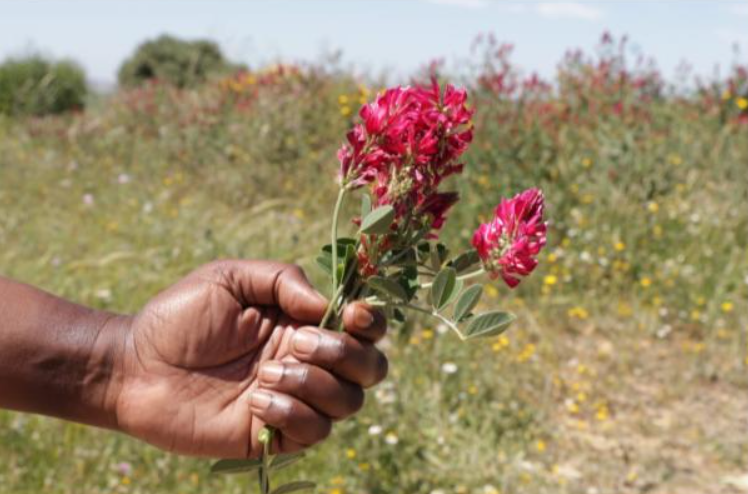
ICARDA, together with national partners, research institutions, and local organizations, is leading efforts to restore degraded silvopastoral systems in North Africa, with a major focus on Tunisia. Here, vegetation loss and declining biodiversity are causing serious economic and ecological damage. To reverse this trend, ICARDA is promoting the use of native species as a climate-resilient alternative to non-native, water-intensive plants, drawing lessons from past failures where exotic species were introduced that were not adapted to dryland environments. A comprehensive assessment of restoration impacts was conducted as part of the MELIA study, revealing measurable benefits across multiple dimensions. The findings demonstrated marked improvements in dryland livestock productivity, enhanced ecosystem health, and strengthened community empowerment, all driven by the adoption of silvopastoral interventions.
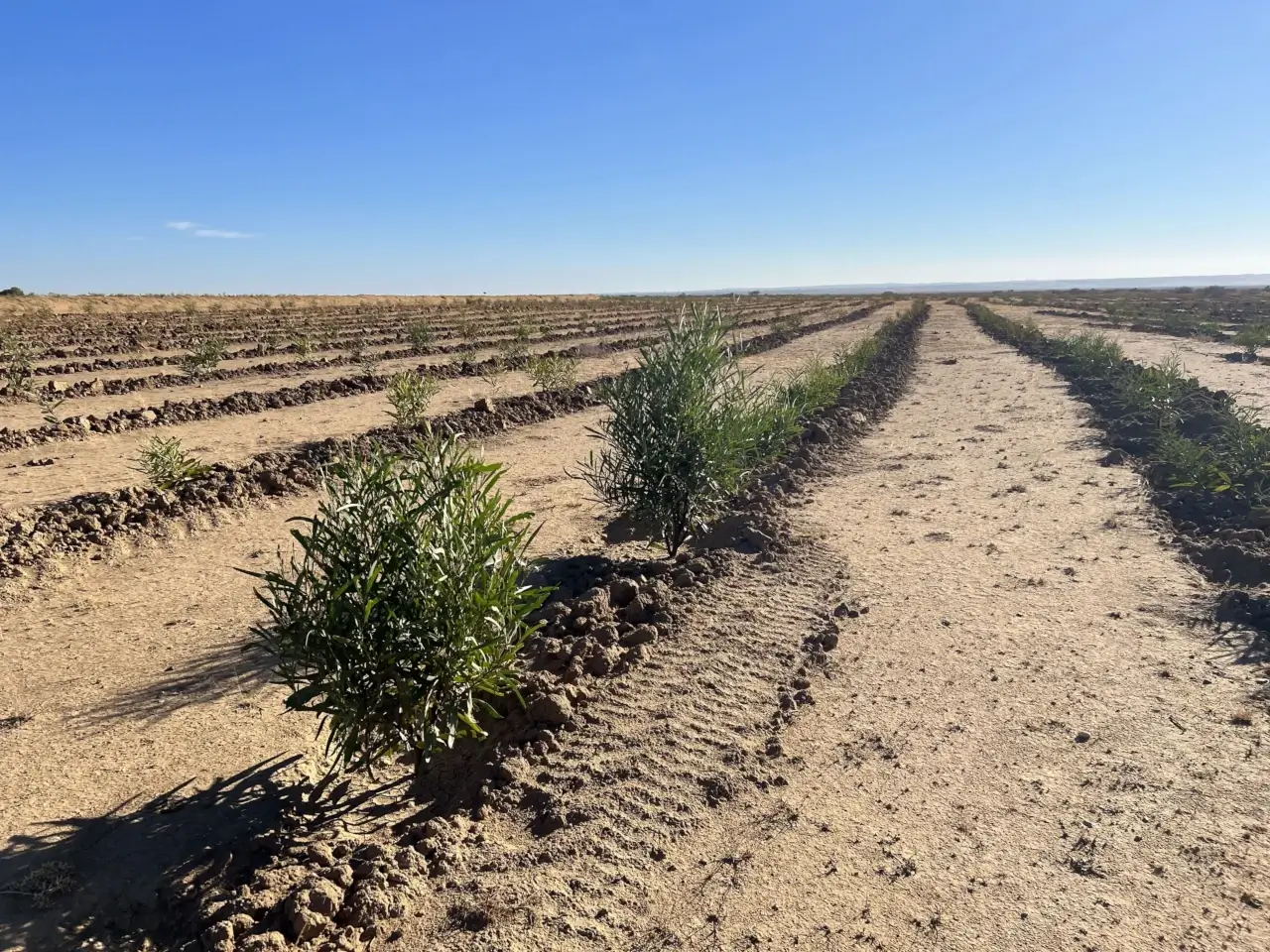
In 2024, ICARDA co-convened a participatory workshop on Tunisia’s pastoral living landscapes – socio-ecological systems that support biodiversity, local economies, and climate adaptation. The event brought together researchers, development agencies, policymakers, and representatives of agro-pastoralist and nomadic communities. The workshop emphasized the importance of taking a ‘territorial approach’ to land restoration, recognizing that ecological interventions alone are insufficient without addressing social and economic dimensions.
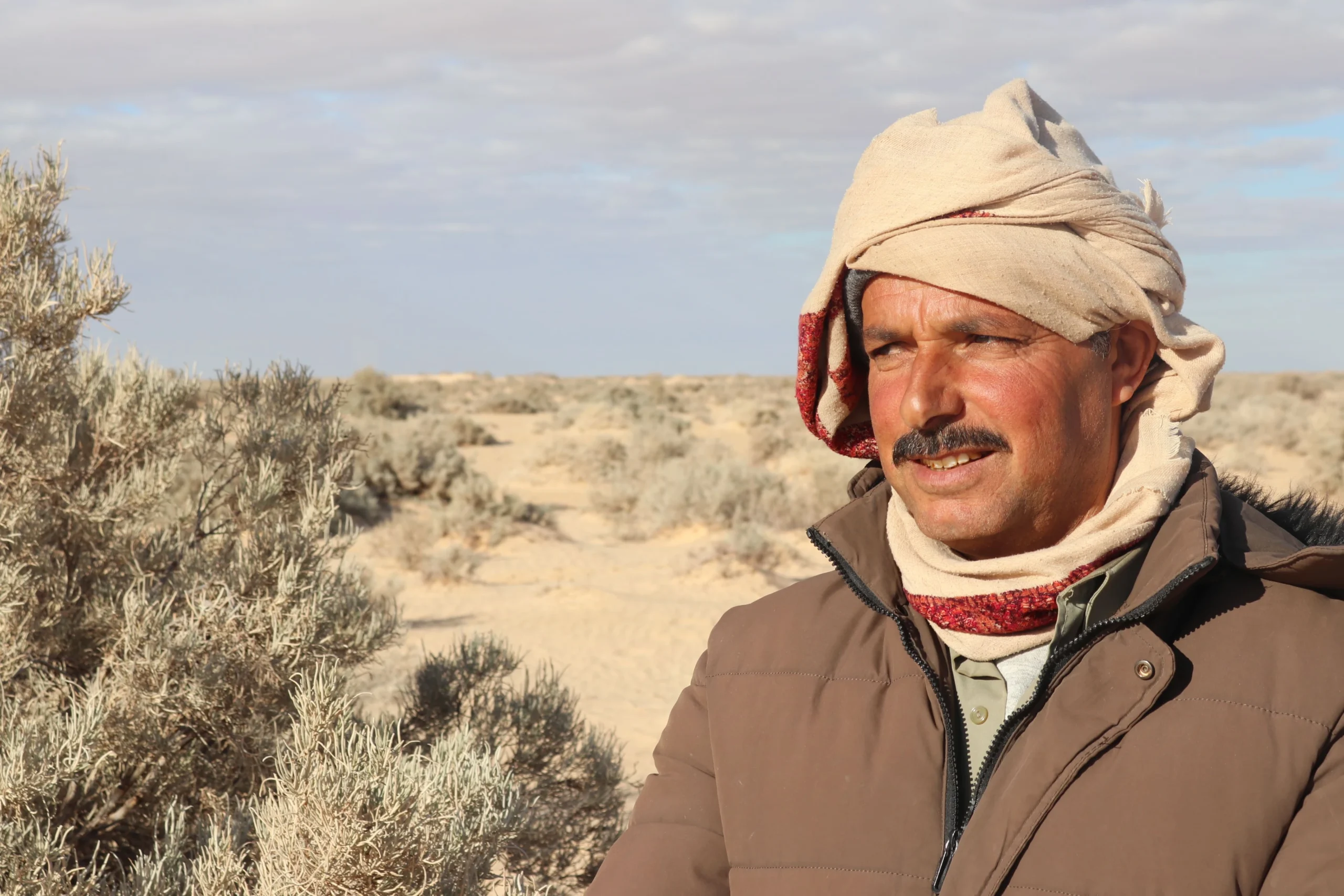
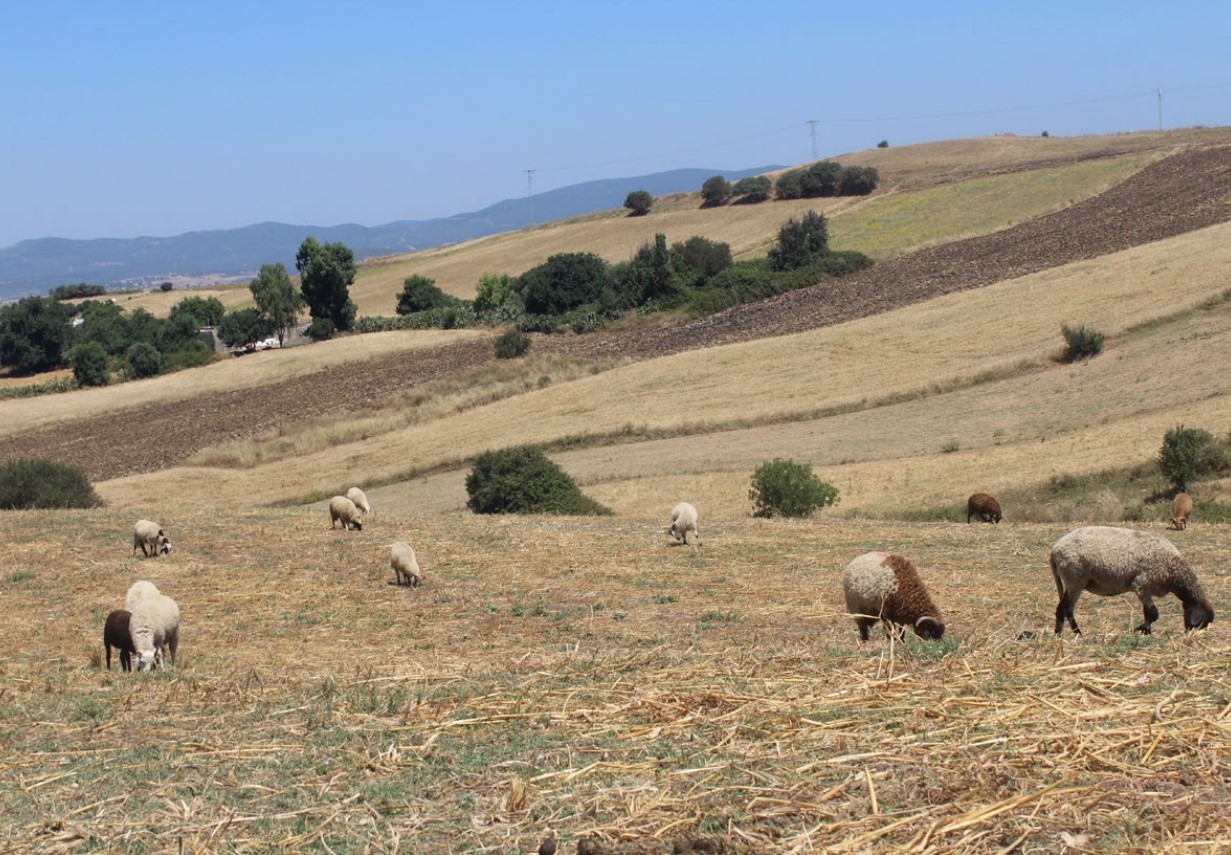
In 2023, Mali launched its first community-based breeding program (CBBP) for goats, developed by ICARDA and ILRI in partnership with local and national actors. CBBPs are cost-effective decentralized systems that empower farmers to co-design breeding goals, collect performance data, and select genetically superior animals. Complementary technologies, including sire certification, affordable artificial insemination, and pregnancy diagnosis, are also improving herd productivity in low-input systems. Evidence from Ethiopia shows that combining breeding with animal health and nutrition interventions significantly boosts impact, supported by digital tools like ICARDA’s DTREO app to facilitate real-time data collection. Following success in Ethiopia, DTREO is being piloted in Jordan, Tunisia, and Mali to scale CBBPs with robust data management frameworks.
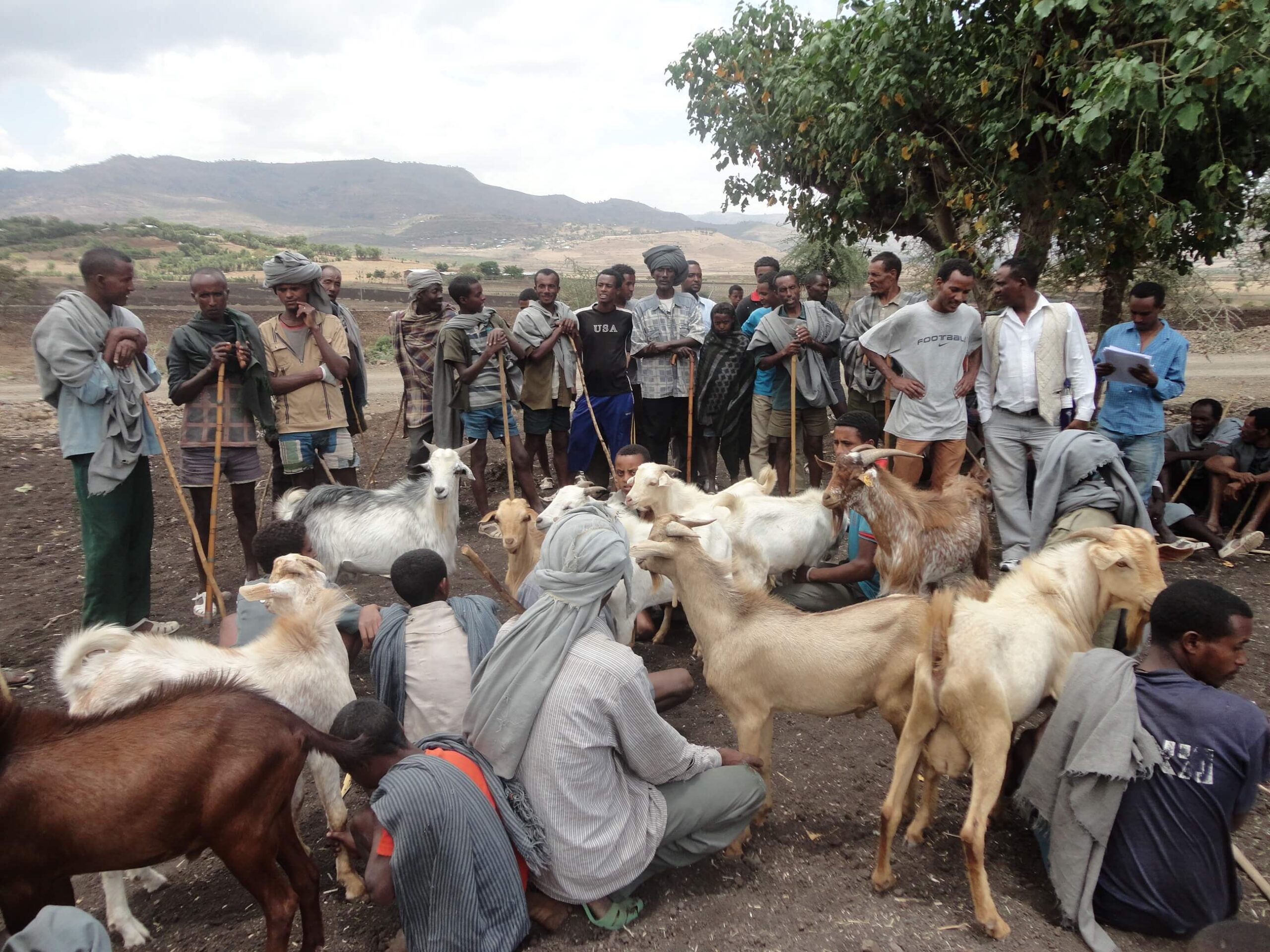
ICARDA and the International Union for Conservation of Nature (IUCN) have teamed up to pioneer the Sustainable Rangeland Management toolkit. This innovative platform integrates traditional knowledge with scientific principles to promote sustainable practices such as regenerative grazing. In Tunisia, these practices have reduced feed costs by 65% and tripled vegetation cover, offering a sustainable path forward for dryland livestock systems while diversifying incomes through additional enterprise opportunities such as forest products and beekeeping.
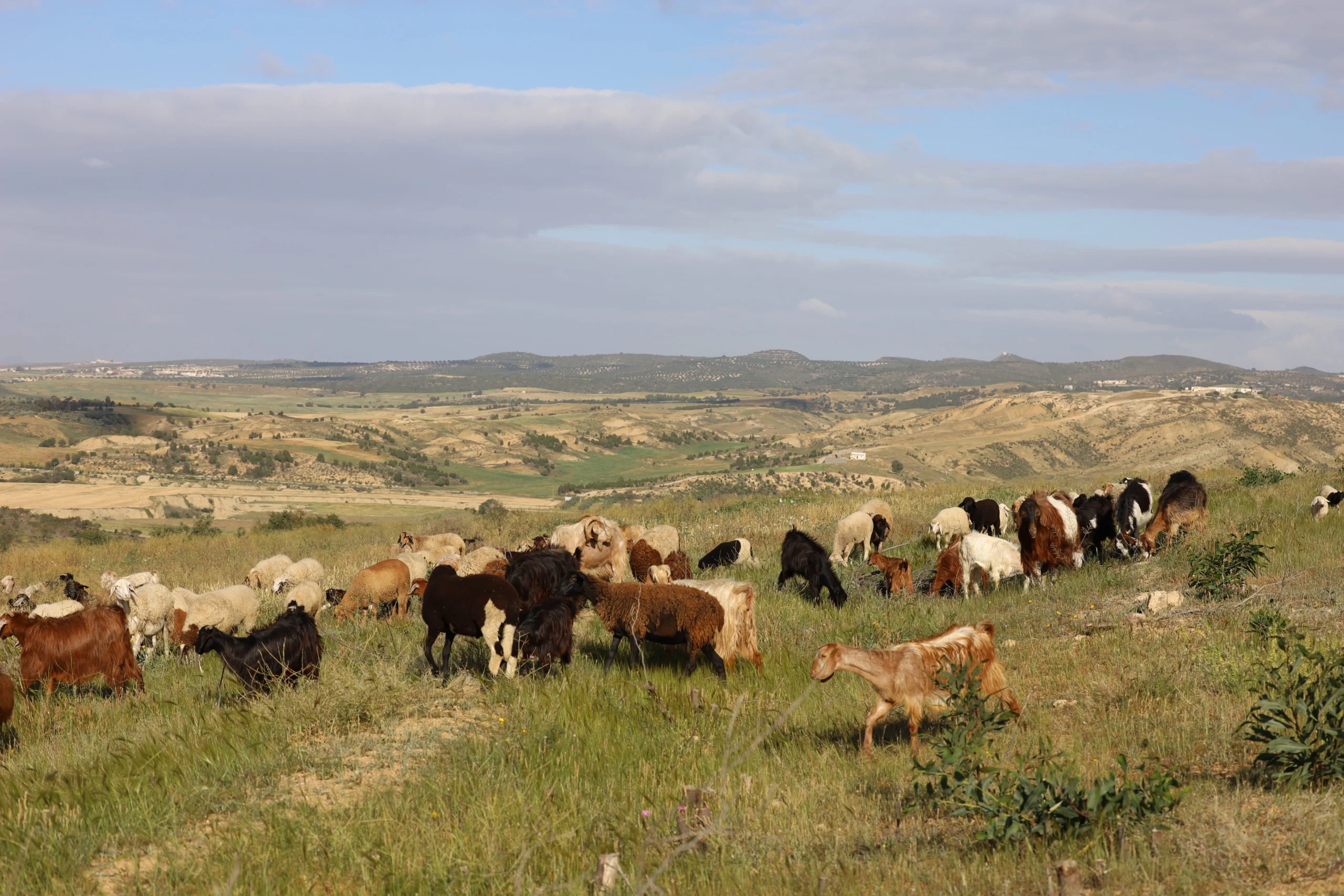
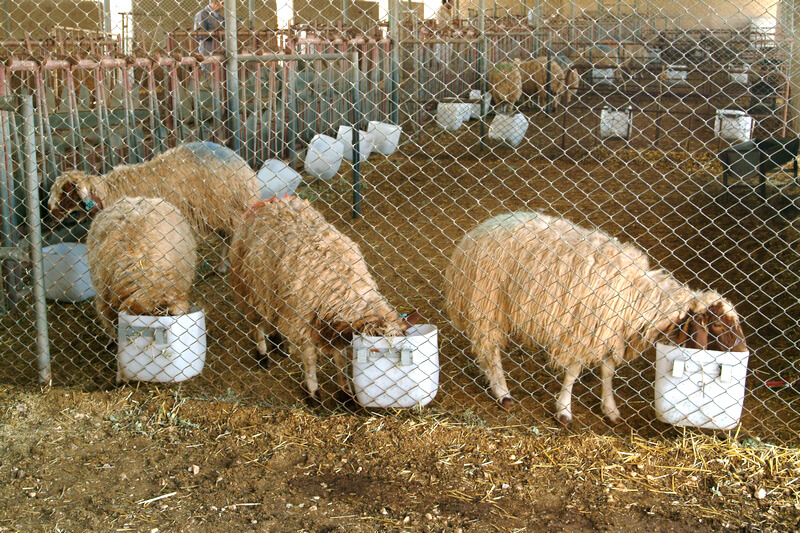
To reduce the environmental footprint of livestock, ICARDA has completed setting up equipment for an in vitro methane measurement facility at the Lebanese Agricultural Research Institute (LARI) animal nutrition lab. The facility is now ready to start processing barley and grasspea samples collected in the last planting period. In the meantime, 60 diverse dryland forage genetic resources have been analyzed for methane emissions by our partner in New Zealand, which will guide further selection of candidates from ICARDA’s genebank.